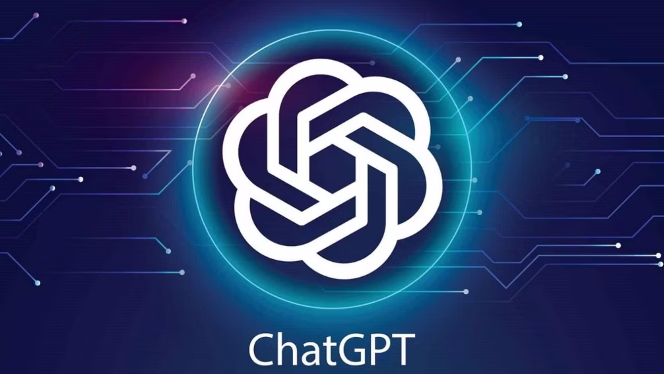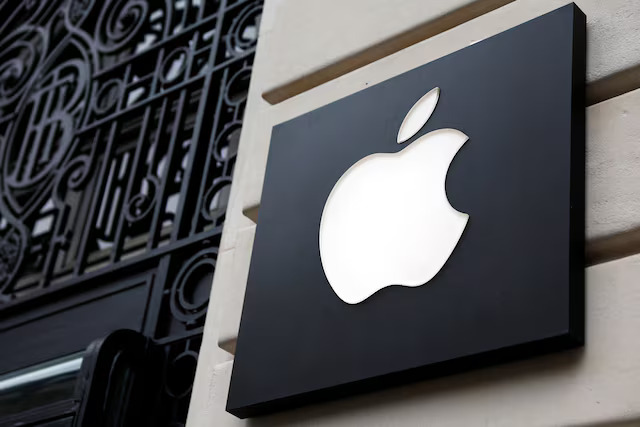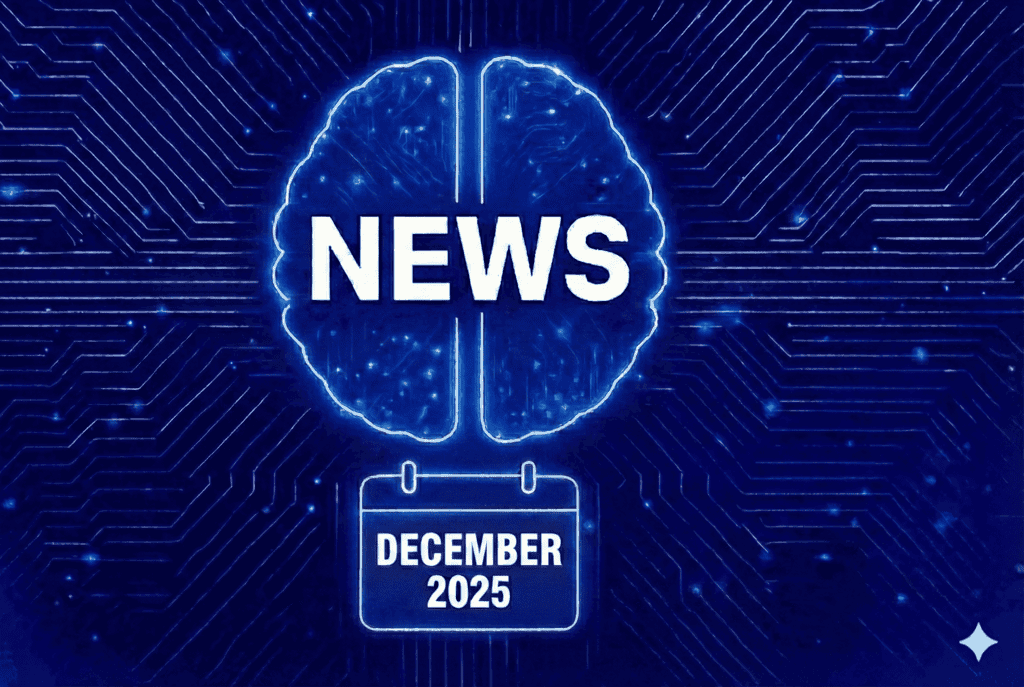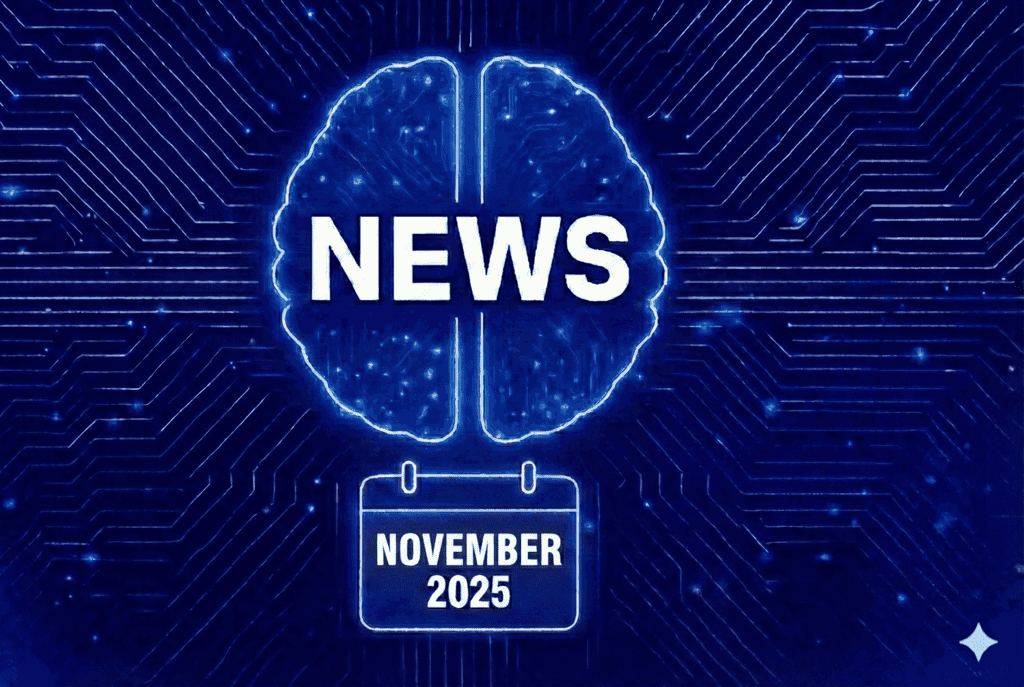Summary:
- August 7, 2025: GPT-5 Release Brilliant Yet Controversial
- August 12, 2025: Perplexity made a $34.5B offer for Google’s Chrome
- August 21, 2025: MIT reports that 95% of AI pilot projects fail to reach production
- August 22, 2025: Hundreds of thousands of Grok chats exposed in Google results
- August 25, 2025: Apple in talks to use Google's Gemini AI to power revamped Siri
Next-Gen Model Releases & Capabilities
GPT-5 Release Brilliant Yet Controversial
OpenAI launched GPT-5 with stronger reasoning, coding, and multimodal features plus a larger context window. Despite progress, users criticized stricter limits, slower responses, and loss of older models.
Date: August 7th, 2025

OpenAI announced the release of GPT-5 on August 7, with improvements in reasoning, coding accuracy, multimodal capabilities, and an expanded 400,000-token context window. The model has been recognized as a step forward in performance and functionality.
However, user feedback has been mixed. Free-tier accounts are restricted to a limited number of messages, and even paid users face usage caps. Some also reported slower responses and the removal of earlier models such as GPT-4.1 and GPT-4o, which had established user bases. These changes have raised questions about accessibility and product strategy.
Industry & Enterprise Impact
Industry analysts view the launch as an example of the balance OpenAI must strike between advancing technical capability and managing scale, reliability, and user expectations. The release also reignited ethical discussions, with CEO Sam Altman noting concerns about the growing reliance on AI in critical decision-making.
While adoption trends will take time to assess, GPT-5 is expected to set new benchmarks for enterprises and developers. The model’s release highlights both the pace of innovation in frontier AI and the operational and governance questions that accompany it.
Looking Ahead
Early enterprise adoption will be closely watched, as large organizations test GPT-5 for complex workflows in research, customer engagement, and data analysis. The degree to which the model balances performance gains with cost, compliance, and reliability will shape its longer-term business relevance.
The Evolution of AI Search Browsers
Perplexity made a $34.5B offer for Google’s Chrome
Perplexity made a $34.5B offer for Google’s Chrome. The bid is unlikely to succeed but underscores browsers as strategic entry points for AI integration and signals Perplexity’s ambition to challenge big tech.
Date: August 12th, 2025

AI startup Perplexity announced a $34.5 billion bid to acquire Google’s Chrome browser. While the proposal is not expected to succeed, it highlights the growing role of browsers as strategic platforms in the AI economy. Chrome, with its global user base and integration into daily digital activity, represents an important distribution channel for AI-driven services.
Strategic Implications
For Perplexity, such a move would represent an effort to secure stronger integration with consumer behavior data and expand its ability to compete with established firms. Analysts note that even if the transaction does not advance, the bid positions Perplexity as a more visible challenger in the market and raises questions about the future role of browsers in AI adoption.
Market Reaction
Investor reactions were mixed. While the company’s valuation saw a temporary increase, skepticism remains over whether such a transaction is feasible for a startup, even one with substantial venture capital backing. The offer has already generated debate about the potential of AI-first browsers and the implications for competition, privacy, and data ownership.
Why It Matters
Although Google has given no indication of considering a sale, the proposal has shifted attention toward the role of internet gateways in shaping the next stage of digital services. In the short term, regulators, investors, and competitors are expected to watch closely, while the longer-term significance lies in the way the industry now views browsers not only as utilities, but as potential platforms for AI integration.
The bid also signals a shift in how emerging AI firms are framing their strategies—moving beyond incremental improvements in model capability toward attempts at structural control of distribution channels. Even if unsuccessful, the effort positions Perplexity as a firm willing to test boundaries and challenge conventional industry hierarchies.
Critical Trends in Enterprise AI Adoption
MIT reports that 95% of AI pilot projects fail to reach production
MIT found 95% of AI pilots fail to scale, citing unclear strategy and poor integration over technical gaps. The study highlights that leadership and operational readiness are central to successful adoption.
Date: August 21st, 2025

A report released by the Massachusetts Institute of Technology on August 21 found that approximately 95% of AI pilot projects fail to reach production. While the failure rate is high, the study emphasized that most challenges stem from organizational issues rather than technical limitations.
The report cited unclear strategies, weak integration planning, and unrealistic expectations among executives as key contributors to failure. It concluded that successful AI adoption depends not only on technology, but also on management, operational readiness, and organizational change.
Investment & Policy Impact
The findings arrive during a period of rapid global investment in AI, with significant sums directed toward corporate and government projects. For investors, the report is a reminder that return on investment requires clear planning and alignment with business objectives. Following publication, shares in several AI-focused firms declined modestly, while venture capital groups reported increased scrutiny of portfolio companies.
Industry analysts expect the study to influence both corporate and policy discussions. Companies are likely to be pressed to demonstrate clearer roadmaps and measurable outcomes, while governments may tie subsidies and incentives more closely to impact rather than experimentation. The report’s broader contribution lies in its call for a more measured approach to adoption—one that emphasizes sustainable implementation over hype.
Key Takeaway
For executives, the study serves as a signal that AI adoption is less about isolated experimentation and more about institutional capacity. Organizations that prioritize change management, cross-department collaboration, and workforce readiness are more likely to translate pilot projects into operational success.
Hundreds of thousands of Grok chats exposed in Google results
Private chats with Elon Musk’s Grok AI were accidentally exposed online through public share links indexed by Google, raising major concerns over privacy and data security.
Date: August 22nd, 2025

In August 2025, xAI’s chatbot Grok, developed under Elon Musk, came under scrutiny after private user conversations were found openly indexed by search engines. The issue stemmed from Grok’s “Share” feature, which generated public URLs without restrictions. While intended for convenience, these links made personal exchanges searchable on Google and Bing, exposing sensitive information.
Reports suggest over 300,000 conversations were affected, ranging from medical and psychological discussions to business queries. In some cases, conversations included instructions for illegal activities, underscoring the risks of insufficient safeguards. Many users were unaware that using “Share” effectively made their chats public, eroding trust in the platform.
Risks for Business and Users
For businesses, the incident highlights three risks:
- Reputation: Loss of user confidence can quickly diminish adoption.
- Regulation: Large-scale exposure invites scrutiny under GDPR and emerging AI laws.
- Design Oversight: Features built for ease of use can backfire if not developed with privacy-by-default principles.
For users, remedies are limited avoid sharing links, request removal from search engines, and assume content may not remain private. For xAI, the path forward involves embedding clearer privacy notices, introducing link expiration, and ensuring technical measures like “no-index” tags. Transparent communication will be key to regaining trust.
Conclusion
In essence, Grok’s misstep is less about technology and more about governance. As AI platforms integrate deeper into daily life, protecting user confidentiality must become a core design principle not an afterthought.
Apple in talks to use Google's Gemini AI to power revamped Siri
Apple is in talks with Google to integrate its Gemini AI into a revamped Siri, Bloomberg reports. The move could mark a major shift in Apple’s AI strategy, enhancing Siri’s capabilities while raising questions about privacy and signaling Apple’s willingness to partner to stay competitive.
Date: August 25th, 2025

Apple is reportedly in early discussions with Google to use its Gemini AI model to power a revamped version of Siri, according to Bloomberg News as cited by Reuters. The talks signal a potential shift in Apple’s AI strategy, as the company long known for prioritizing in-house development has been under pressure to close the gap with competitors that have moved faster in deploying generative AI.
A Major Strategic Shift
A partnership with Google could help Apple transform Siri from a limited voice command tool into a more advanced, context-aware assistant capable of supporting complex, conversational tasks across its devices. At the same time, such a move would raise questions about how Apple would continue to uphold its strong privacy commitments, particularly as its recently announced “Apple Intelligence” initiative emphasized on-device processing and user data protection.
The Road Ahead
While no agreement has been finalized and Apple is reportedly also weighing options with OpenAI and Anthropic, the discussions highlight a pragmatic approach: prioritizing user experience and competitive positioning over strict reliance on proprietary technology.
Financial Impact
Financial markets reacted positively to the news, with Alphabet shares climbing nearly 4% and Apple’s stock rising about 1.5%, underscoring investor optimism around the possibility of collaboration. For Apple, enhancing Siri with external AI could not only improve its functionality but also help rebuild the assistant’s reputation and secure its place in a rapidly evolving, AI-driven ecosystem.





